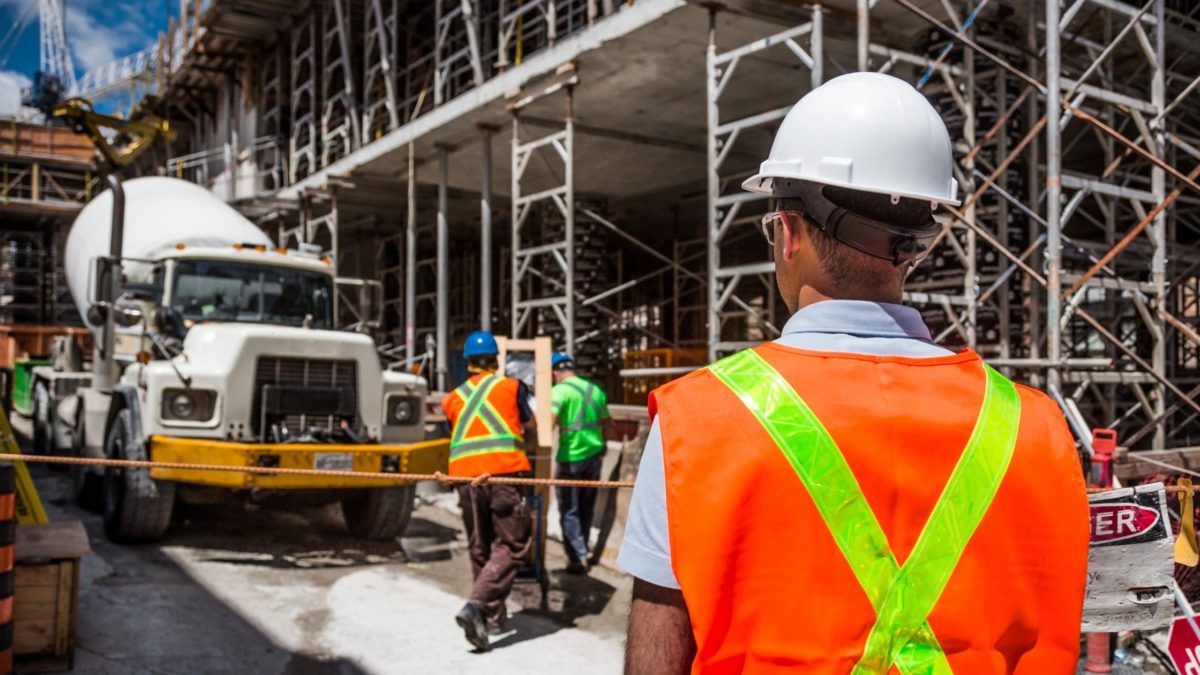Hearing Loss is More Common than You Think
Why is it that in The United States a staggering one out of every two people over the age of 75 suffer from hearing loss but less than three out of every 1,000 babies is born with a congenital hearing problem? Disabling hearing loss impacts 13% of the population over the age of 18 and this percentage is steadily increasing as demographics change. It is more common than diabetes. It is three times more common than cancer. Treating it should carry no more stigma than wearing eyeglasses does, but studies show that more than two-thirds of people who suffer from hearing loss do so without seeking treatment. and of those that do eventually come to wear hearing aids, they wait an average of seven years to do so after first realizing that they might need one. Why is this?
Risky Work Environments
Damage to one’s hearing may be the result of a shockingly loud trauma. More commonly it is a gradual damage thanks to frequent proximity to dangerous volume levels. Many of us enjoy recreational activities that can potentially pose a risk, such as loud concerts or playing video games with the volume cranked. Most earbuds max out at levels dangerous to our hearing but we form unhealthy listening habits. Some of the most dangerous risks are those of loud volumes that are unavoidable at work.
Examples of professions that are likely to present a risk include, but are not limited to:
—The Music Industry: All kinds of jobs need to get done to make a concert happen, from the sound person mixing the band to the bartenders.
—The Service Industry: Crowds shouting over loud sound systems in busy nightclubs, restaurants and bars pose a risk to the servers.
—Construction / Landscaping / Farming / Factory floors: Loud machinery day after day takes its toll.
—Flight Crews: Though the extreme volumes of the engine’s roar at take off is not a significant risk to passengers exposed to it only momentarily, the repetition can hurt the hearing of the crew.
—Ambulance drivers: Most of us cover our ears involuntarily when an ambulance passes. Ambulance drivers sit right under it all day, day after day.
Whichever of these industries one may work in, simple preventative steps to protect your hearing will go a long way. It is simply a matter of forming proper and responsible habits, which should come naturally when one understands the potential consequences of not doing so. Music industry and hospitality workers may have trouble adopting the appropriate habits because the volume is inherent to what draws people to the place. Bartenders need to lean in and hear the orders of the patrons shouted over loud music. and sound engineers need to hear exactly what sound sources they are mixing.
Flight crews, factory workers, and construction workers, on the other hand, could easily form the habit of wearing earplugs without compromising the quality of their work. Common earplugs, the foam consumer variety available at any pharmacy, reduce sound levels by 15-30 decibels. Custom earplugs can make an even greater difference. They can filter out specific frequencies dependent on the individual and their needs. Whatever the situation, even if it is only possible to wear them for short periods when one knows to expect the dangerous volumes, getting in the correct habits can and will improve your life.
Take Responsibility
The cultures of certain workplaces are likely to discourage some people from taking the preventative actions that they know they should take. This is not necessarily intentional. It is simply a matter of dangerous conditions becoming normalized. and how could they not become normalized when one returns to work day after day? You see your coworkers not taking the proper precautions, why assume that you should? No one wants to stand out among their peers in some manner that might imply judgement on the group’s norms. But the consequences are too severe to risk.
Living with hearing loss gets exhausting. It compels people to withdraw socially, which can often lead to spiraling compounded effects on one’s health. Take responsibility for your own hearing health today because doing so means taking responsibility for your own quality of life. Make an appointment with one of our specialist’s today for yourself or a loved one that works in one one these or another risky profession. Learn what options work for your personal situation

